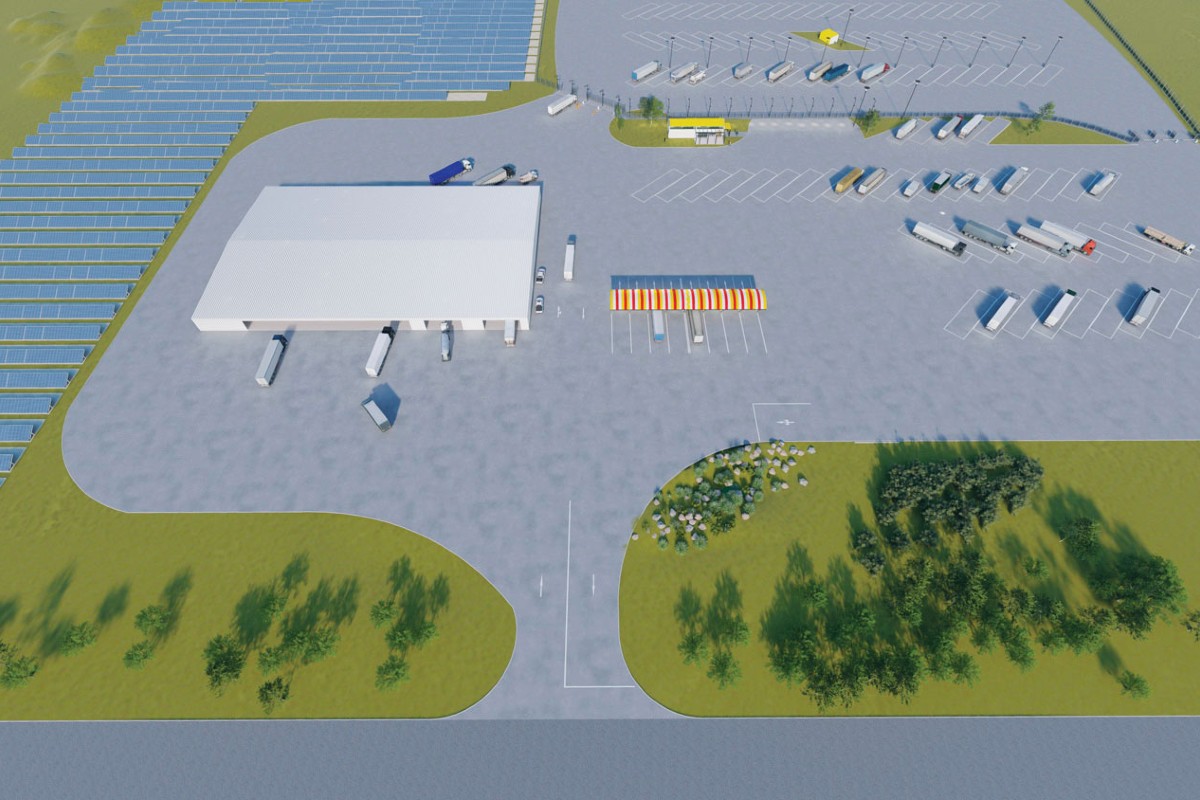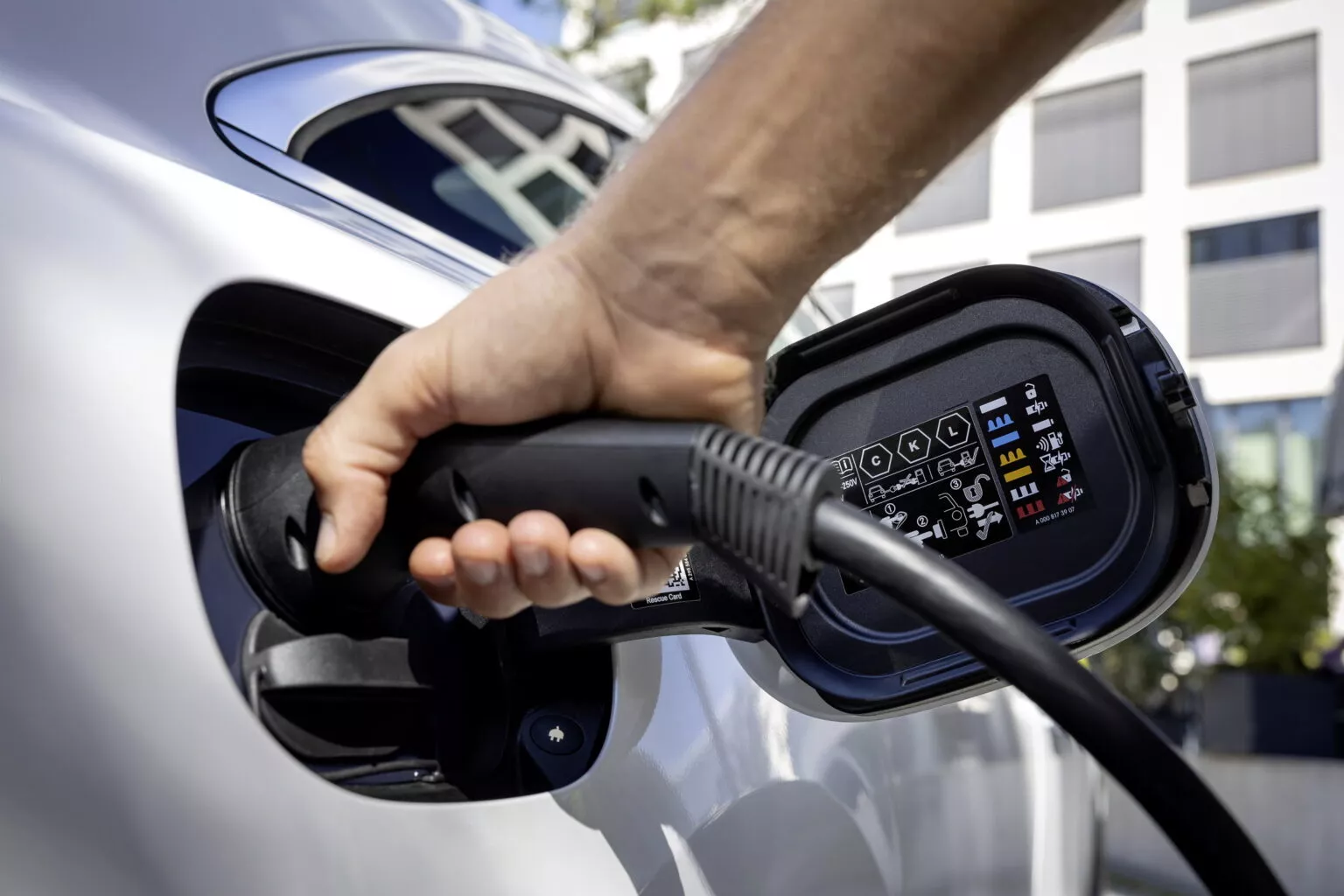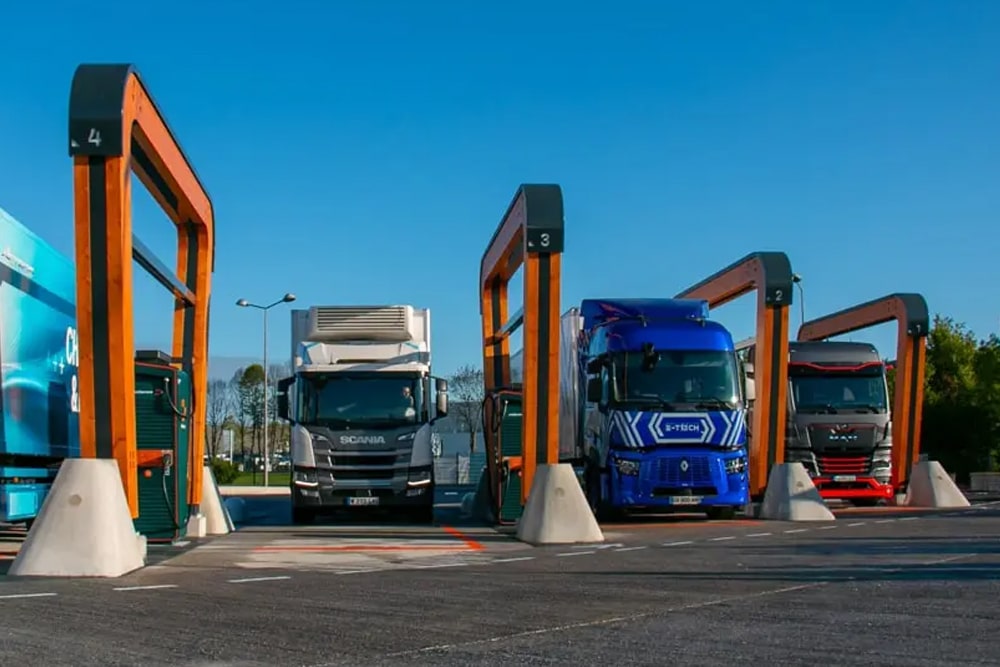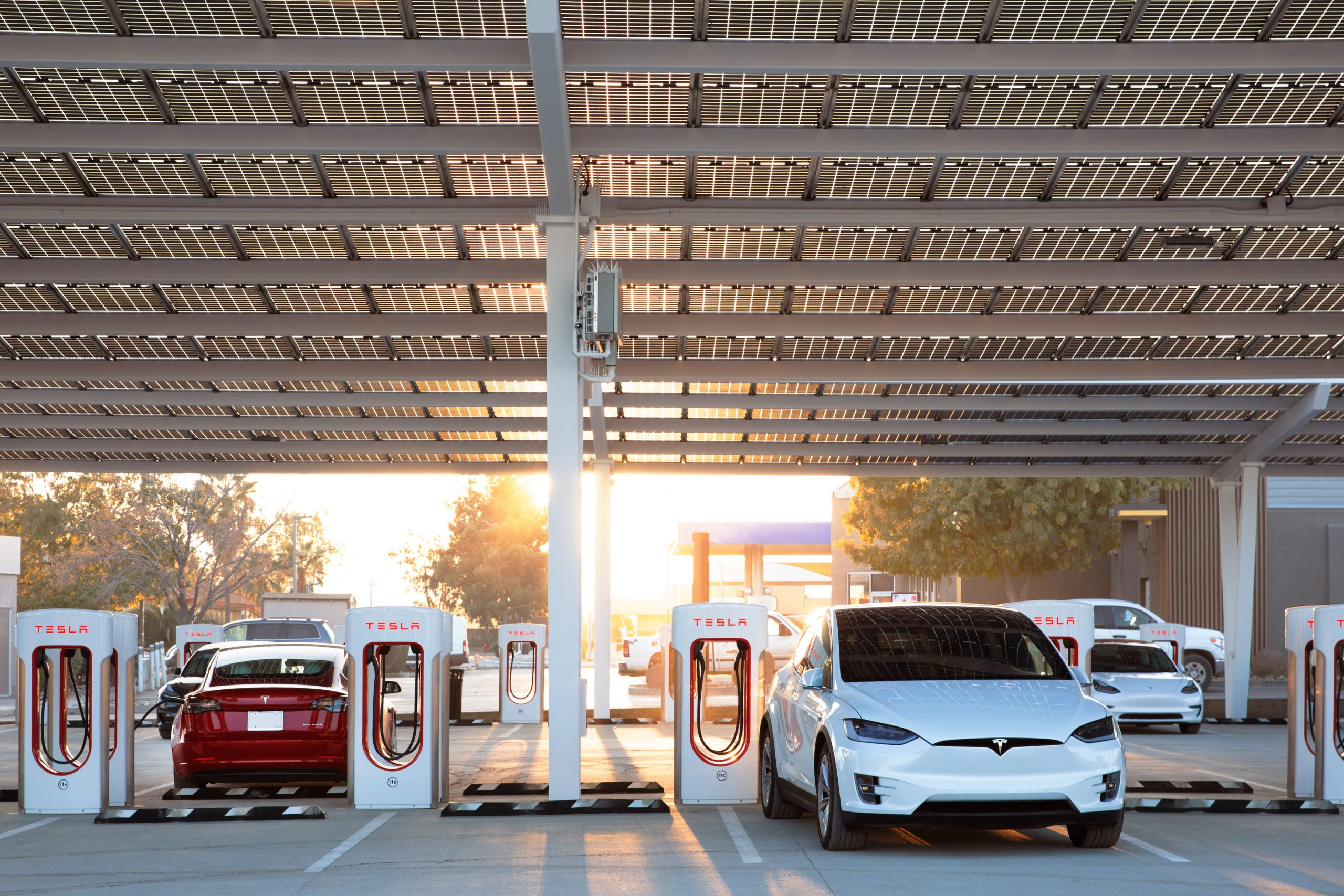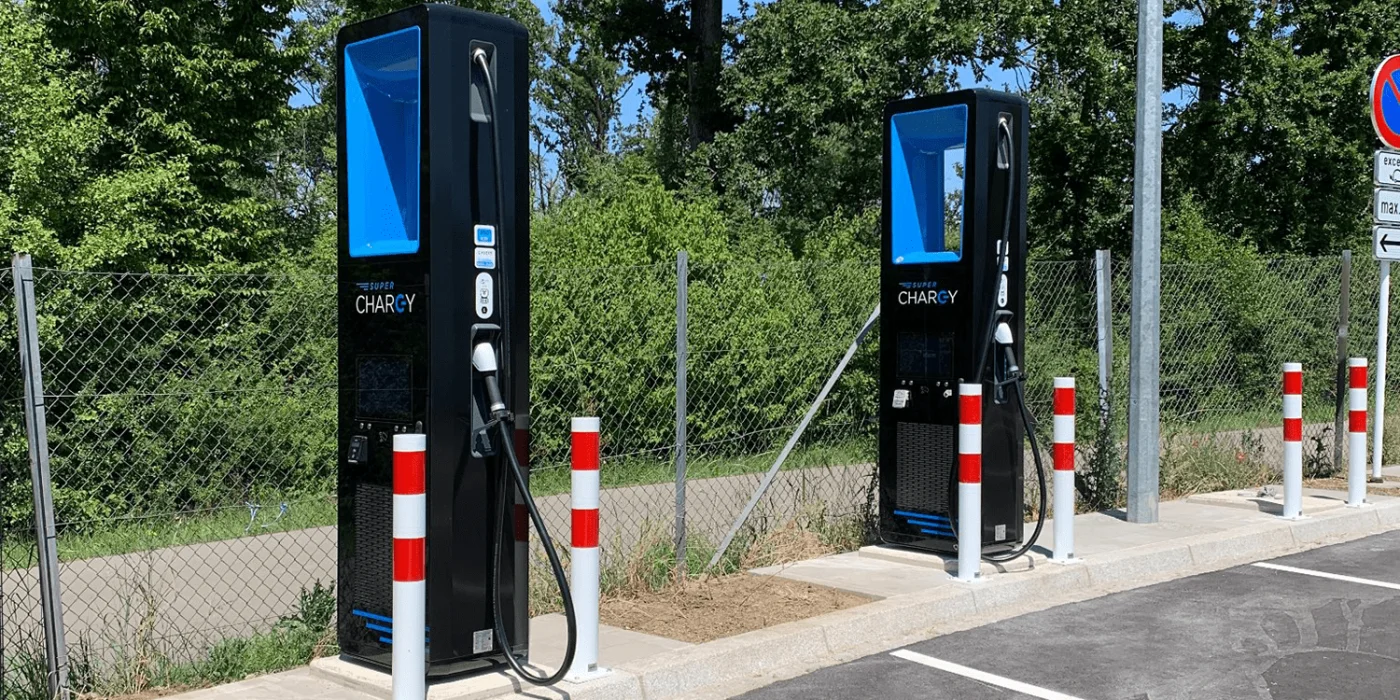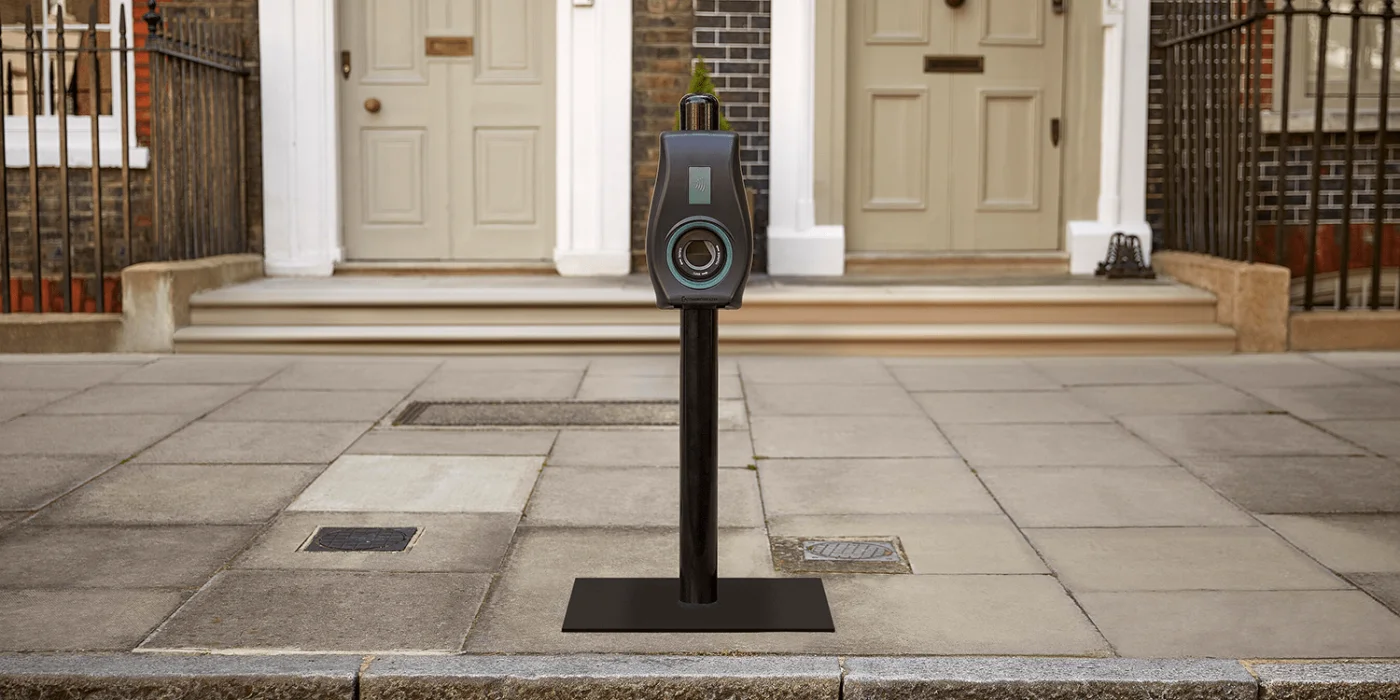Zero Carbon Charge, a South African company based in Vredendal, is set to launch a truck charging network powered solely by locally generated solar energy. Approval procedures for the first six locations are currently underway.
The company, known for its work on building a high-power charging (HPC) network for cars in South Africa using off-grid solar power, has founded a subsidiary called Zero Carbon Logistics. This new entity aims to set up 120 charging stations for electric trucks on national motorways throughout the country, with the first stations scheduled to open in 2027.
The architectural design for the charging parks includes ultra-fast charging technology with modular battery packs developed in China. Each location will feature photovoltaic systems expected to deliver 35 megawatts peak. The goal is to charge a truck within 20 minutes, achievable for heavy trucks with charging capacities in the megawatt range.
The charging parks will also serve as safe and clean rest areas for truck drivers, offering amenities such as toilets, a shop, fast Wi-Fi, and repair and washing facilities for trucks. The sites will be monitored around the clock by CCTV cameras linked to local security companies.
The initiative comes in response to the shift by major truck manufacturers towards producing electric truck models. “Many truck manufacturers are already committed to achieving full electric transition by 2040,” Zero Carbon Logistics stated.
The first six sites will be located on the N3 freight transport route between Durban and Johannesburg, which sees approximately 8,700 lorries travel daily. Replacing these petrol-powered trucks with electric models could save 670 kilograms of CO2 emissions per truck per day.
Zero Carbon Charge co-founder Andries Malherbe expressed optimism about the project, stating, “We hope to be up and running by November 2027.” The company plans to acquire suitable sites and commence construction work in mid-2025. Following the launch along the N3, further charging parks are planned along all major transport routes in South Africa.
South Africa is aiming to reduce greenhouse gas emissions and other environmental impacts of the transport sector by 5% by 2050, in line with its Green Transport Strategy.

